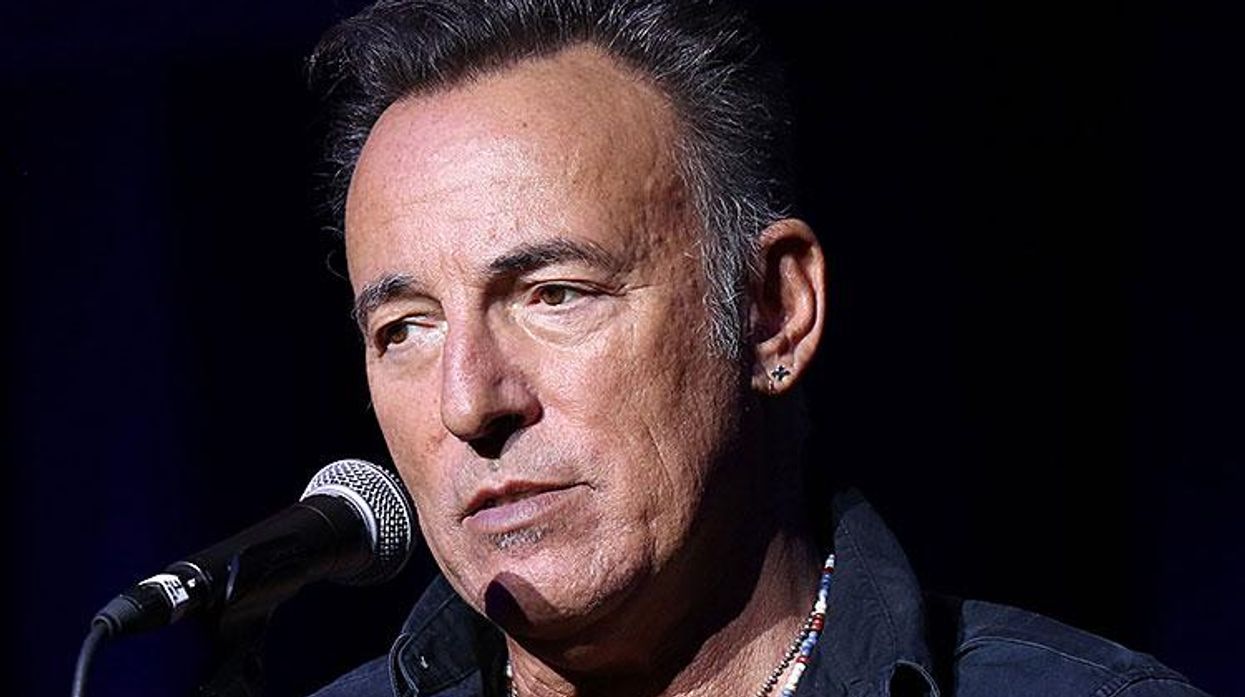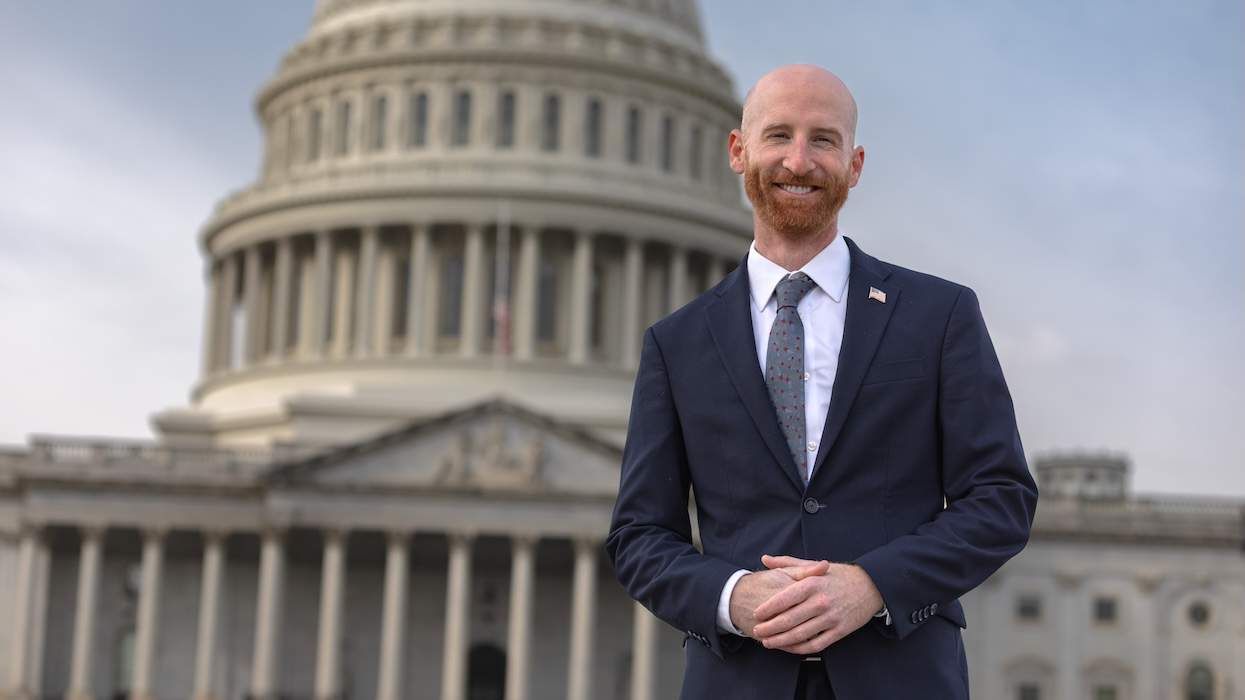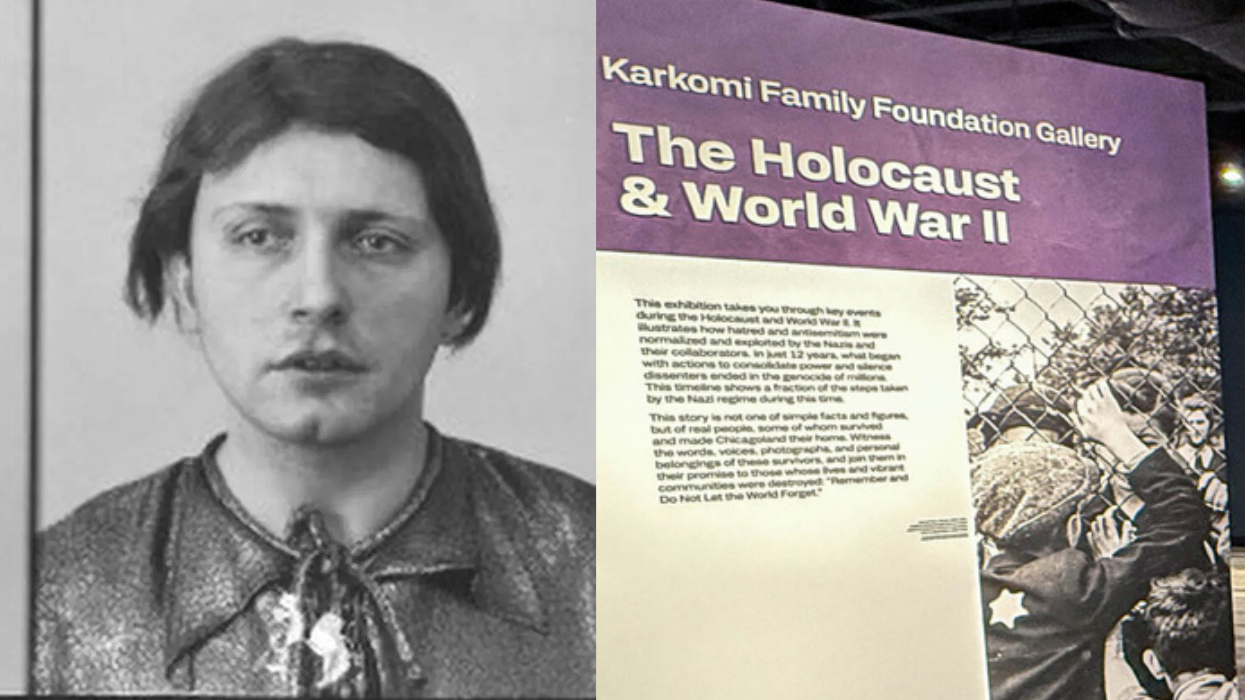The show must go on. Next to "break a leg," it is probably the best-known showbiz phrase in popular culture. I've personally seen artists continue to entertain after breaking multiple strings on guitars, nearly slipping off of stages, and suffering unimaginable personal tragedy. It is considered a sign of professionalism to work around those strings, turn that slide into an improvised dance move, or mourn after the show is over. The point is, you never break your performance, and the audience will be largely unaware of what's happening behind the scenes. As my partner in our band Mad Transit, Dev has told me (more than once) after I've blown a lyric and improvised, from the audience perspective I didn't make a mistake. I simply made my own version of the song. The only mistake would be to stop. However, what happens when the show doesn't go on?
Given the recent sweeping anti-LGBT laws recently passed in both North Carolina and Mississippi, some musicians have chosen to boycott the states and cancel shows. Bruce Springsteen canceled his concert on April 10 in Greensboro, N.C., and Bryan Adams his April 14 show in in Biloxi, Miss. Ringo Starr followed suit with his Cary, N.C., show set for June. I have no reason to doubt the motivations of these men as being anything but noble. Springsteen in particular has a long history of standing up for social justice causes with boycotts, as he did with South Africa in the mid-1980s. At their stages in their respective careers, I also doubt any of them need the publicity. I imagine the revenue lost by the cancellations would not ding their income very much either. Even so, I do believe that a boycott on this particular issue is a wrong move.
What does a boycott really do for the cause in this case? Sure, it adds another voice to the growing chorus to repeal these heinous laws. It is another sound bite in the newscycle to remind us that the issue has not been put to rest and it piles on more negative press for a governor and a political party that have turned their back on the LGBT community time and again. But it also has negative effects that outweigh the positives.
First off, it disappoints the fans of the performers. They are the ones who are asked to sacrifice the limited time they have with an artist they enjoy during a tumultuous time in a place they call home. This has got to be a lose-lose situation in that if they support the LGBT community; perhaps they are less inclined to be supportive afterwards, and if they are not supportive, this gives them another reason to be further entrenched in their anti-LGBT position. The same goes for the vendors and other venue personnel who depend on the income such high-profile acts generate.
Boycotts are also open to ambiguity and interpretation of motivation. It is nearly impossible for the musician to disprove that there isn't an ulterior motive involved besides their altruistic claims of protest. In this case, the argument by Springsteen that the law discriminates are met with accusations that he is engaging in bullying tactics. Bryan Adams is made the subject of a popular internet meme that points out he had no problem appearing last month in Egypt, a country where it is illegal to be openly gay. In this way, the impact of their boycott is diminished while claims of liberal hypocrisy are bolstered.
So is there anything that works better than a boycott? Choosing to show up and educate is always the better option. A boycott feels too much like running away from the problem instead of confronting it directly. To my way of thinking, something that improvises on the issues and turns performance into a song of protest is far preferable. Luckily, just as many artists have chosen to do just that. Cyndi Lauper, long a supporter of the LGBT community, has chosen to move forward with her concert. She has stated she wants to use her platform to build a day of support against House Bill 2 in North Carolina. In addition, all profits from her concert will also be donated to Equality North Carolina to help in its fight to repeal the law.
Similarly, transgender musician Laura Jane Grace of Against Me! has announced she will give space to pro-LGBT organizations to provide information at her concert. What I like even better is that she says she will encourage concert attendees to use the gender-neutral bathrooms that will be set up for the event. It is a powerful statement for a transgender woman to proudly stand onstage, make herself visible, and directly address the prejudice inherent in laws like HB 2.
Choosing the path of enlightenment is the key here to changing minds. A musician cannot do that by not showing up, no matter how well-crafted a statement he or she releases to the press. We must stand in front of those who would deny our rights and challenge them to personally deny our humanity. For my part, I had considered driving around North Carolina next month on the way to New York City with my duo partner Dev, but I have changed my mind. I intend to drive through and drink lots of water along the way. Stand by for the copious bathroom selfies.
 MELODY MAIA MONET is a transgender woman and lesbian living in central Florida. Along with her music partner Dev Michael, she is part of the band Mad Transit. She also performs with Dev, Lauren Lester, and Ben Browne as part of the Streetlights. For booking, contact booking@madtransitband.com and booking@streetlightsband.com.
MELODY MAIA MONET is a transgender woman and lesbian living in central Florida. Along with her music partner Dev Michael, she is part of the band Mad Transit. She also performs with Dev, Lauren Lester, and Ben Browne as part of the Streetlights. For booking, contact booking@madtransitband.com and booking@streetlightsband.com.


 MELODY MAIA MONET is a transgender woman and lesbian living in central Florida. Along with her music partner Dev Michael, she is part of the band Mad Transit. She also performs with Dev, Lauren Lester, and Ben Browne as part of the Streetlights. For booking, contact
MELODY MAIA MONET is a transgender woman and lesbian living in central Florida. Along with her music partner Dev Michael, she is part of the band Mad Transit. She also performs with Dev, Lauren Lester, and Ben Browne as part of the Streetlights. For booking, contact 

































































Charlie Kirk DID say stoning gay people was the 'perfect law' — and these other heinous quotes